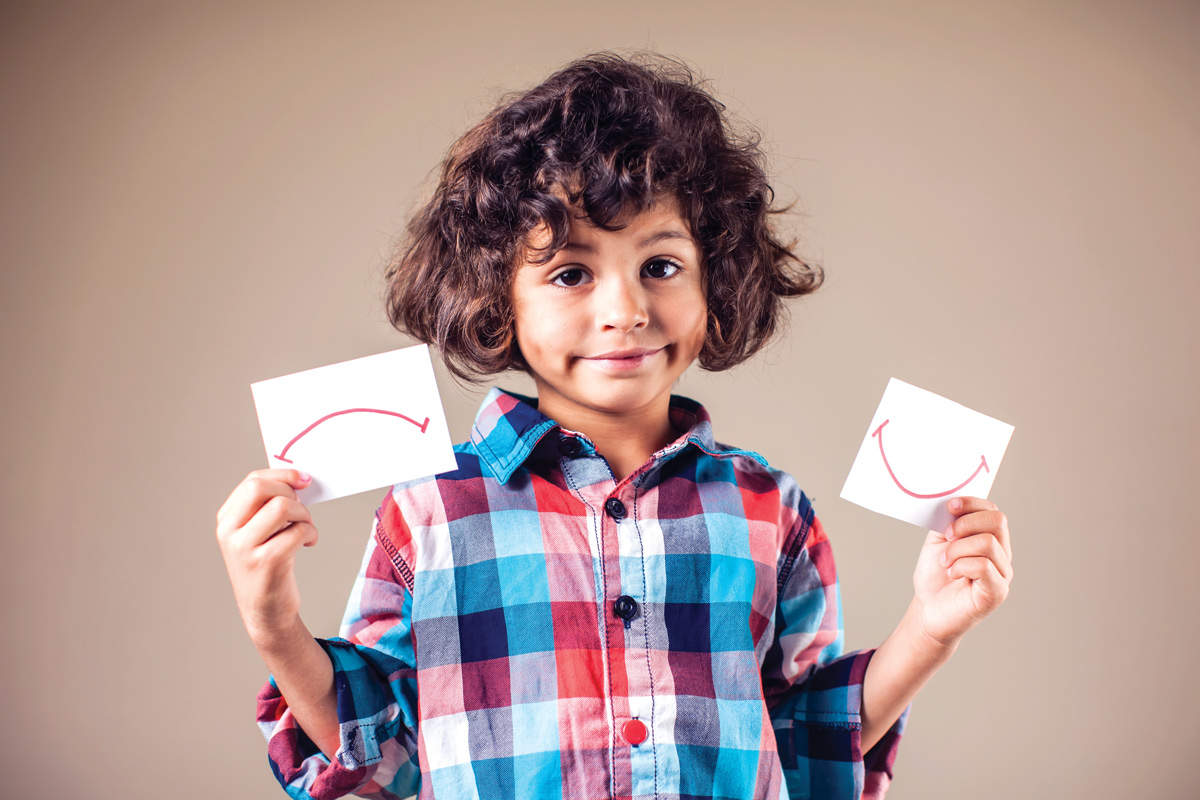 General practice is well placed to address the impact childhood emotions have on health and development. Dr Andrew Leech explains.
General practice is well placed to address the impact childhood emotions have on health and development. Dr Andrew Leech explains.
Most of the time, children display what are normal emotional responses to situations – anger when something doesn’t go their way, sadness when dealing with grief, or anxiety when they are going through a difficult situation.

This is a healthy part of childhood that helps form who they are and informs their journey through life.
For some children, stressful life events or a dysfunction within family or school can lead them to develop poor coping mechanisms. For others, the trigger to mental health decline can be less obvious and requires more thorough history taking.
It is crucially important these children are not only detected when they present to the GP, but supported, listened to and given follow-up arrangements.
Emerging Minds is based on the conviction that children need positive mental health for their physical and emotional development. It works in conjunction with the RACGP and focuses on developing mental health policy, programs and resources to help health professionals be less daunted seeing families with mental health challenges.
This sort of work doesn’t need to be complicated. In fact, small simple changes to your everyday practice can go a long way in improving the lives of children who are struggling. Studies have shown that more than 13% of Australian children between the ages of four and 11 experienced a diagnosable mental health condition in the past 12 months.
Doctors are uniquely placed in often seeing a child accompanied by parents, siblings and even grandparents from the same family.
I have had the privilege to work with Emerging Minds in developing a training program for GPs who feel they’d like to upskill in this area.
A GP Framework for Child Mental Health Assessment (5-12 years) is a course to improve confidence and, in turn, lead to a positive change in the way doctors feel about these tricky consultations. It contains a combination of consultation videos using child actors, along with animations, self-assessments and practice skills on engaging and interacting with children.
The basis of this course and, in turn, general practice assessment of children and families, is four key phases:
- Connect – listen and prioritise what the child or parent might be concerned about. Engage with the child. Build rapport through positive interactions.
- Explore – Assess and formulate. Start to develop a sense of what might be going on. Consider a diagnosis by asking key questions.
- Plan – Plan and manage. Consider the next best steps to help. Ensure follow-up is arranged. Safety net and ‘hold’ the family so they know they will see you again. Consider creating a mental health care plan or referral.
- Collaborate – Follow up and review. Establish a team-based approach with other health professionals to surround the family with support
These phases are not necessarily occurring as a continuum, nor do they occur in every consultation. However, they are the backbone of our assessment and management of children and are important aspects to consider when uncertain of what to do next.
The course also explores the continuum of a child’s mental health – that every child is unique and has their own set of strengths and vulnerabilities. As GPs, we can figure this out but it takes time, patience and compassion towards the families we often find the hardest on our daily schedules.
Planning treatment is also considered. This might occur in the form of a referral to psychologist, or simple strategies such as using an online service such as The Brave Program, applications including the Child360 app or simple parenting advice and resources.
GPs can be daunted preparing mental health care plans for children. Perhaps this comes from a concern that children will be labelled with a mental health condition, or concerns over Medicare requirements.
One message that needs to be understood is that children can and do have diagnosable mental health disorders. With the long delays to see child psychiatrists or paediatricians, some of this responsibility falls back on the GP.
There will be many occasions where a mental health care plan is entirely appropriate and provides added support to families who are often also financially struggling or cannot wait for the public sector to become involved.
With a new COVID extension to the number of sessions available under this plan, it is even more important to remember the benefit of involving a psychologist, occupational therapist or social worker. The earlier the intervention, the easier that child’s life will become.
Mental health is something all people and all ages possess. Children are particularly vulnerable to social, biological and environmental factors. GPs have a powerful role to play in recognising the challenges they face and the right time to support them to improve their lives.
ED: Dr Andrew Leech is a GP with special interest in paediatric health and mental health. His podcast, ‘The Kids Health Network’ has interviewed a number of Perth specialists and allied health professionals on common child health topics. He has worked as an advisor for Emerging Minds, the RACPG and the Mental Health Professionals Network. He was part of this year’s RACGP Future Leaders Program.
An introduction to the new course can be found at: https://emergingminds.com.au/resources/podcast/biopsychosocial-formulation/
The training module can be found via the Emerging Minds website: https://learning.emergingminds.com.au/course/a-gp-framework-for-child-mental-health-assessment-5-12-years
https://emergingminds.com.au/resources/podcast/biopsychosocial-formulation/

